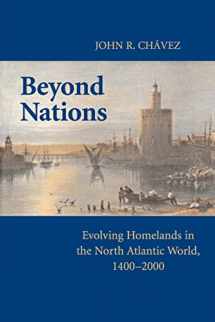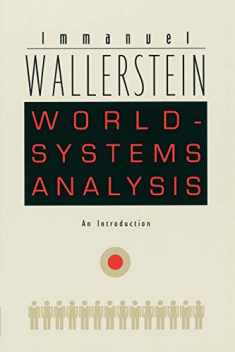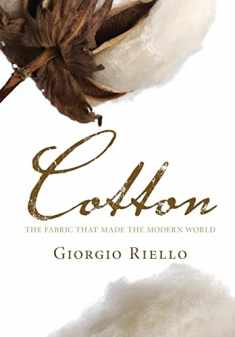
Beyond Nations: Evolving Homelands in the North Atlantic World, 1400-2000
Book details
Summary
Description
Beyond Nations traces the evolution of "peripheral" ethnic homelands around the North Atlantic, from before transoceanic contact to their current standing in the world political system. For example, "Megumaage," homeland of the Micmac is transformed into the French colony of Acadia, then into the British colony of Nova Scotia, and subsequently into the present Canadian province. Centrally, Professor Chávez tracks the role of colonialism in the transformation of such lands, but especially the part played by federalism in moving beyond the ethnic and racial conflicts resulting from imperialism. Significantly, Chávez gives attention to the effects of these processes on the individual mind, arguing that historically federalism has permitted the individual to sustain and balance varying ethnic loyalties regionally, nationally, and globally. Beyond Nations concludes with a discussion of an evolving global imagination that takes into account migrations, borderlands, and transnational communities in an increasingly postcolonial and postnational world.


We would LOVE it if you could help us and other readers by reviewing the book
Book review





